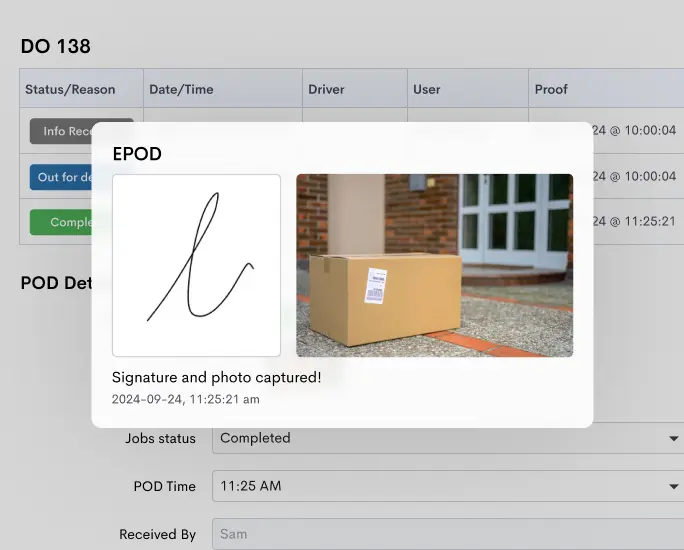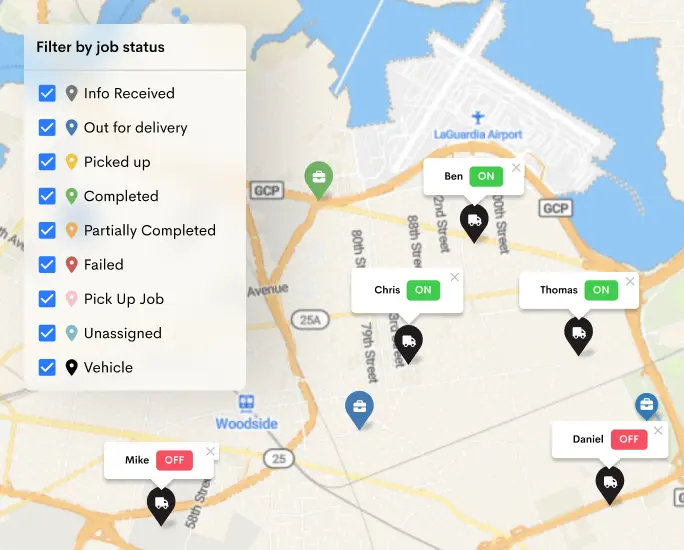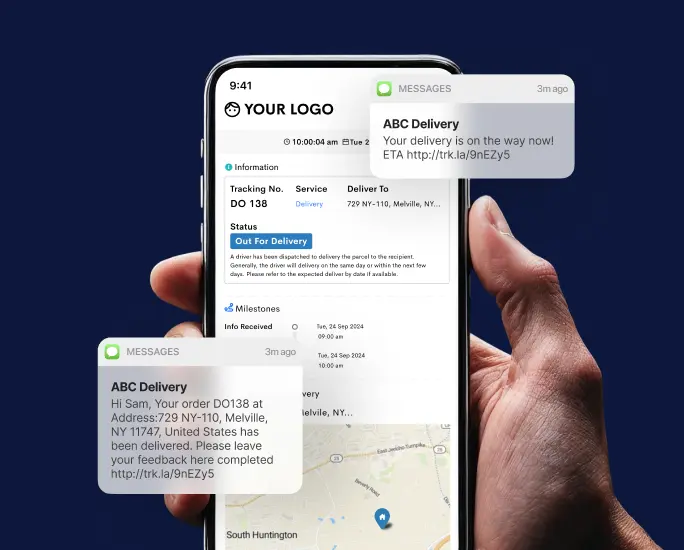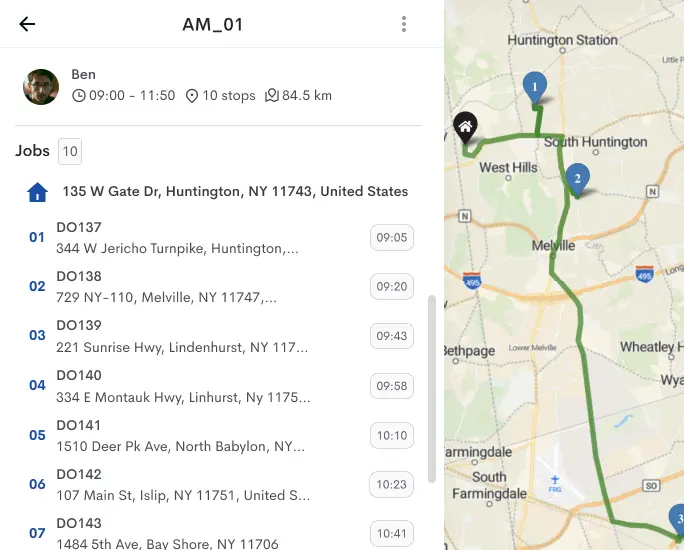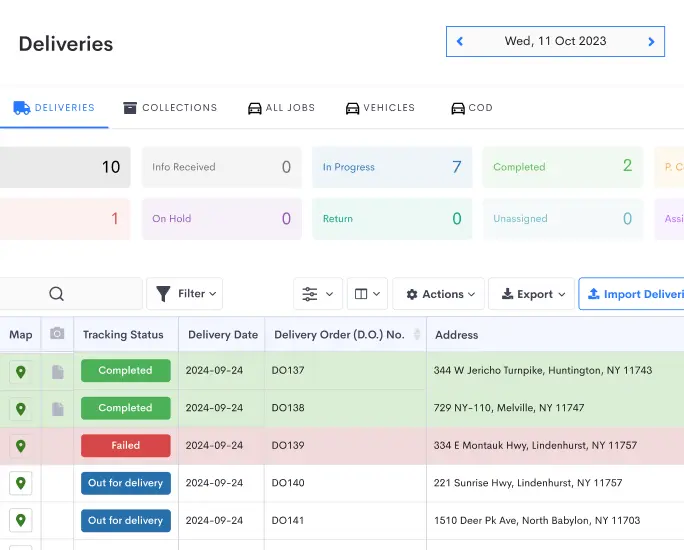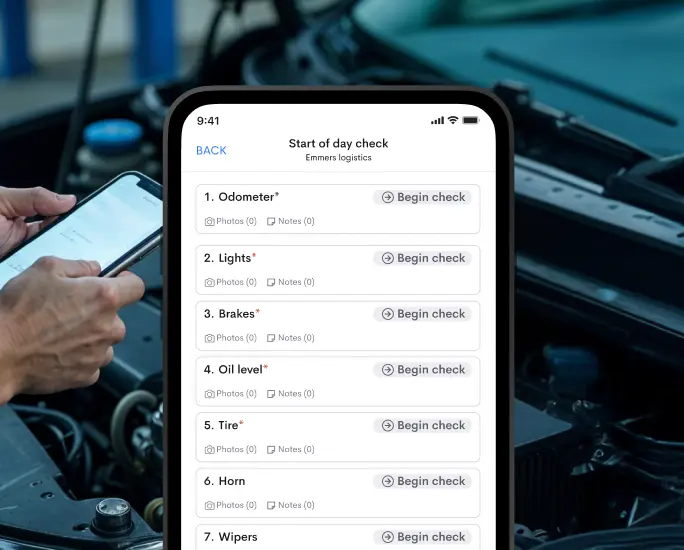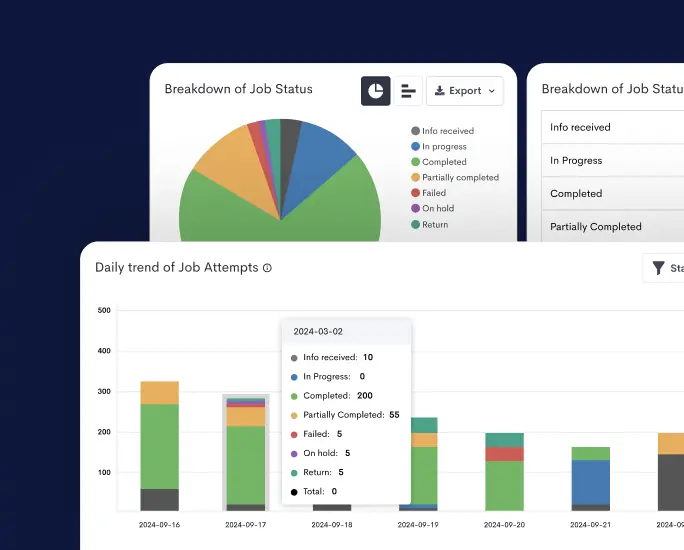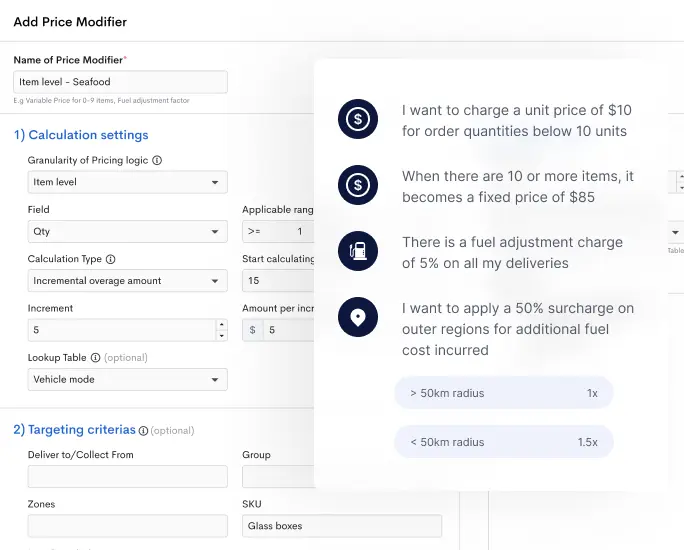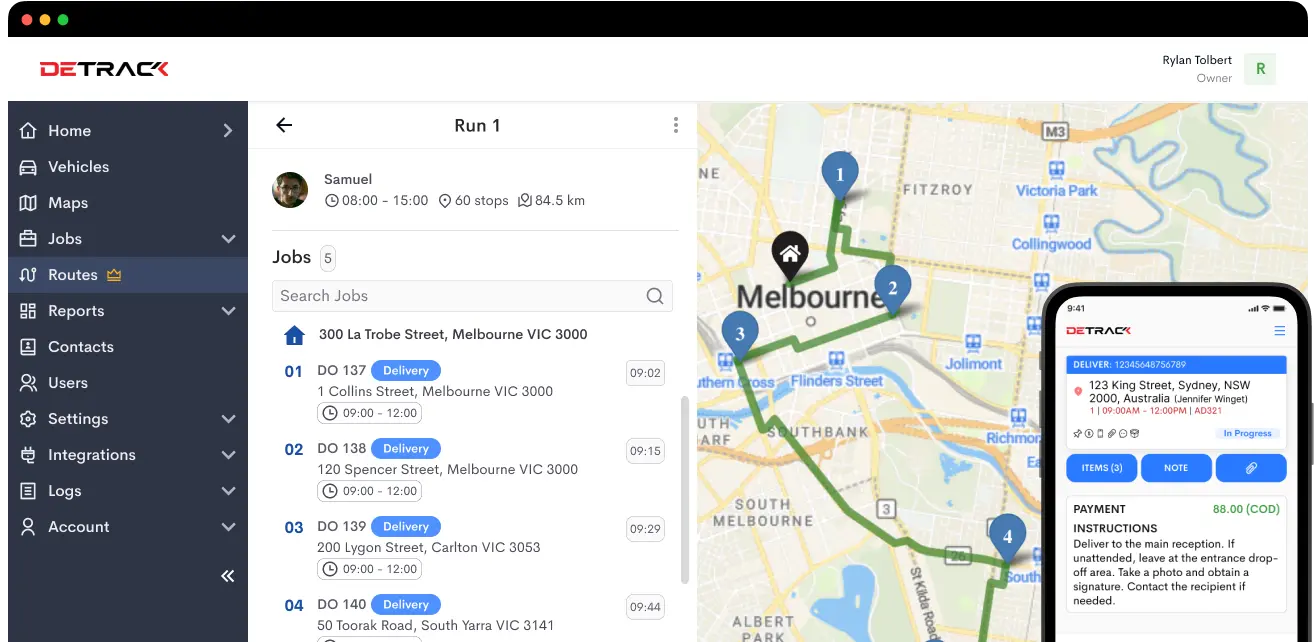Construction logistics is a vital aspect of the construction industry, ensuring that all materials, equipment, and personnel are efficiently managed to maintain project timelines and budgets.
As projects become more complex and deadlines tighter, understanding the key components of construction logistics is crucial for success. Here, we address some of the most frequently asked questions about construction logistics.
| Optimize Your Construction Logistics with Detrack Maximize efficiency on your construction sites with Detrack’s advanced logistics solutions. From real-time tracking to automated scheduling, Detrack ensures your materials and equipment arrive on time, every time. Try Detrack Today! |
Construction Logistics FAQs
What is Construction Logistics?
Construction logistics refers to planning, coordinating, and managing all the materials, equipment, and personnel involved in a construction project.
This includes timely material delivery, efficient machinery use, and optimal labor scheduling to ensure that all project elements come together smoothly.
Why is Construction Logistics Important?
Effective construction logistics are critical for several reasons:
- Timely Project Completion: Proper logistics ensure that materials and equipment arrive on time, helping to keep the project on schedule.
- Cost Efficiency: Efficient logistics reduce waste and unnecessary expenses, contributing to a more cost-effective project.
- Safety: Well-organized logistics help manage risks and ensure a safe working environment by minimizing potential hazards related to material handling and equipment use.
- Quality Control: Proper logistics ensure that high-quality materials are used as specified, contributing to the overall quality of the finished construction.
What are the Key Components of Construction Logistics?
Construction logistics encompass several critical components:
- Material Management: This involves procuring, storing, and distributing construction materials. Efficient material management ensures that the right materials are available at the right time and place.
- Equipment Management: This includes procuring, maintaining, and scheduling construction equipment. Proper management ensures that equipment is available and in good working condition when needed.
- Labor Management: Coordinating and scheduling labor to ensure that the right personnel are available at the right time is crucial for maintaining productivity and meeting deadlines.
How Do You Plan Construction Logistics?
Planning construction logistics involves several steps:
- Project Assessment: Understand the project’s scope and requirements to determine the materials, equipment, and labor needed.
- Logistics Strategy: Develop a logistics strategy that outlines how materials, equipment, and personnel will be managed and coordinated throughout the project.
- Scheduling: Create a detailed schedule for the delivery of materials, equipment usage, and labor shifts to ensure all elements align with the project timeline.
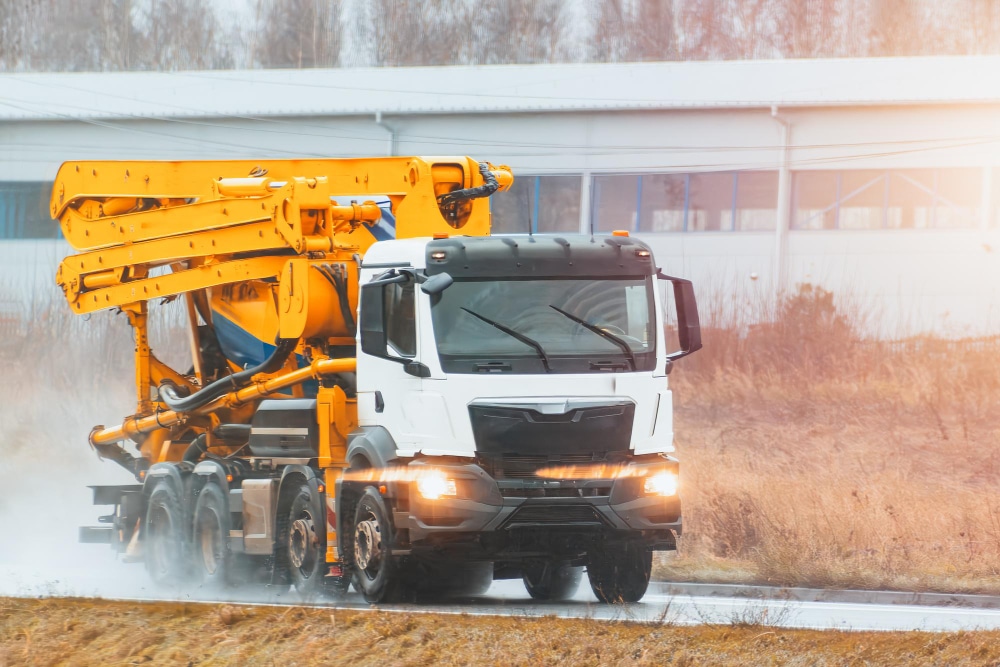
What Are the Common Challenges in Construction Logistics?
Construction logistics can face several challenges:
- Coordination Issues: Ensuring that all project elements are coordinated effectively can be difficult, particularly in large or complex projects.
- Supply Chain Disruptions: Delays in the supply chain can impact the availability of materials and equipment, affecting project timelines.
- Cost Overruns: Inefficient logistics can lead to increased costs due to delays, wastage, and other factors.
How Can Technology Improve Construction Logistics?
Technology plays a significant role in enhancing construction logistics:
- Project Management Software: Tools like project management software help plan, schedule, and track logistics activities.
- Inventory Management Systems: These systems help monitor and manage the inventory of materials and equipment.
- GPS and Tracking Systems: GPS technology and tracking systems enable real-time monitoring of the location and status of materials and equipment.
How Can You Optimize Construction Logistics?
Optimizing construction logistics involves several strategies:
- Effective Planning: Develop a detailed logistics plan that considers all aspects of the project and includes contingency plans for potential issues.
- Streamline Processes: Identify and eliminate inefficiencies in logistics processes to improve overall productivity.
- Leverage Technology: Utilize technology to enhance coordination, tracking, and management of logistics activities.
What is the Role of a Construction Logistics Manager?
A construction logistics manager oversees and coordinates all logistics activities related to a construction project. Their role includes:
- Planning and Coordination: Developing and implementing logistics plans and coordinating with various stakeholders to ensure smooth project execution.
- Problem Solving: Address any issues during the project and implement solutions to minimize disruptions.
- Monitoring and Reporting: Monitoring logistics performance, tracking progress, and reporting on key metrics to stakeholders.
How Can Construction Logistics Impact Project Success?
Construction logistics directly impact project success by influencing the following factors:
- Timeliness: Efficient logistics contribute to meeting project deadlines and avoiding delays.
- Budget: Effective logistics management helps control costs and stay within budget.
- Safety: Well-organized logistics help maintain a safe working environment and reduce the risk of accidents.
Conclusion
Understanding and effectively managing construction logistics is crucial for the success of any construction project.
Construction professionals can ensure timely project completion, cost efficiency, and high-quality outcomes by addressing key components, planning meticulously, overcoming challenges, and leveraging technology.
As the construction industry continues to evolve, staying informed about best practices in logistics will be essential for maintaining a competitive edge and achieving project success.

